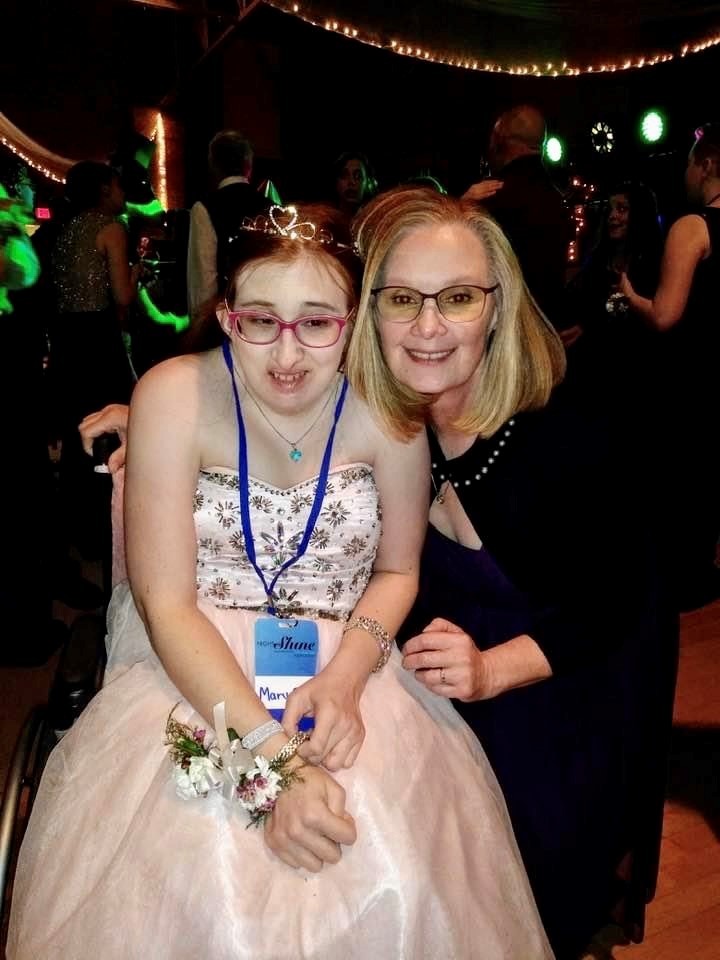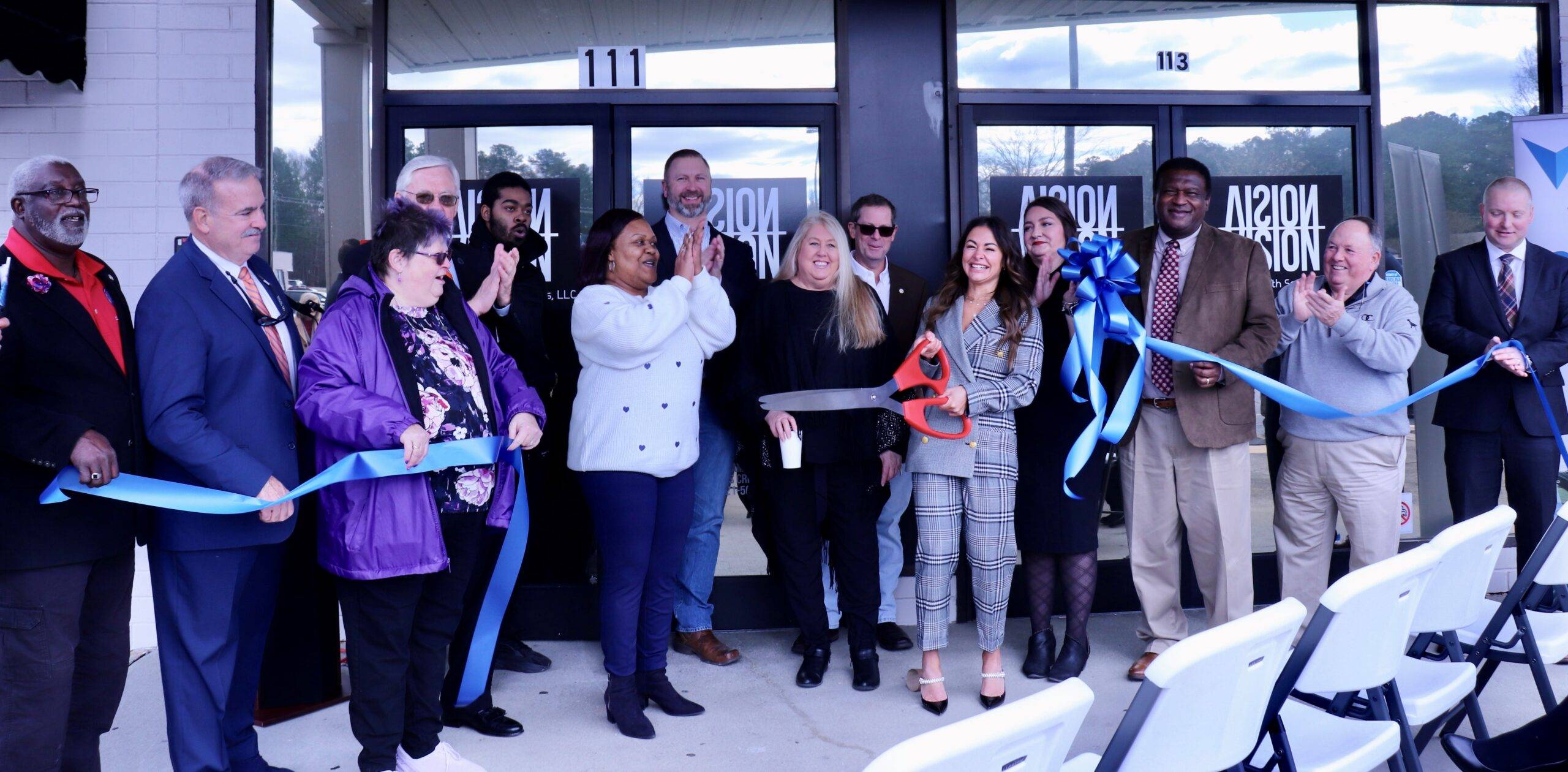When Mary Beth was born with an Occipital Encephlocele, a hole in her skull, Julie and her husband were sent home with hospice and told to love her for the little time they would have with her. They did just that, praying to be the best parents they could be and the parents that she needed. Mary Beth is now 26, and Julie’s efforts continue.
Julie understands the struggles and confusion a family faces when trying to navigate the health care system, Medicaid and all the laws and policies surrounding it. It’s something she went through first-hand over the years.
“We were so busy with just keeping Mary alive and being so exhausted,” said Julie. “After years of confusion and frustration, I found that I needed to dig into policies, service definitions, laws and to understand what to ask for and what to expect – to educate myself. It’s important to be able to represent yourself and your child and to understand the ballgame so to speak.”
It’s the reason she is a family partner at Vaya Health. Family partners are parents or caregivers of children who have received mental health, substance use or intellectual/developmental disability services. They share their personal experiences with other parents and caregivers and offer understanding, encouragement, education and support.
I love being able to come alongside people and support them right where they’re at.
“I love being able to come alongside people and support them right where they’re at,” said Julie. “Sometimes one of the biggest things you can give another caregiver is just to listen. It’s giving authentic peer support to someone else who is beginning or newer in their journey than you. Sometimes I need that support. We all need that support. That’s one of my favorite things to do as a family partner here at Vaya.”

When Mary Beth moved out of hospice and was successfully moving along in life, Julie was finding herself unsuccessfully navigating the systems. She was angry with how things were going but what she eventually discovered was that her expectations were simply a misunderstanding of how things worked.
Along the way, she was fortunate enough to have people in her life teach her and point her in the correct direction to get information. It’s now her mission to do the same for so many that are finding themselves just as frustrated and confused as she was once and help them become their own best advocates.
“Our goal is to work ourselves out of a job,” said Julie.
Even though Mary Beth is no longer in school, Julie continues to stay involved with the school systems and attend various workshops and trainings. This helps her stay on top of the continuous changes in programming so that she can help her families do the same. In addition to attending trainings, Julie also helps lead them. She’s involved in the WNC Family Support ECHO project, which brings together professionals to connect, grow and learn from each other. She’s a credentialed peer support specialist trainer, person-centered thinking trainer, system of care trainer and leads Wellness Recovery Action Plan (WRAP) trainings at Vaya.
This is a lifelong journey and it changes all the time. The journey can be really hard, but the journey isn’t bad.
“It helps me to be a much better family partner for the families I serve and helps me be a better mom for Mary if I can understand how service systems work and how to communicate it effectively,” said Julie. “It’s my whole life. I live it and I work it. This is a lifelong journey and it changes all the time. The journey can be really hard, but the journey isn’t bad.”
Educational trainings at Vaya can be found on the Calendar of Events.



